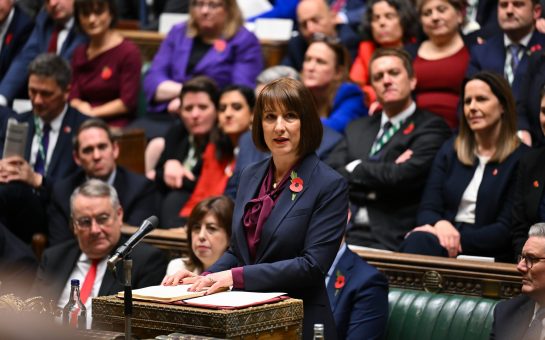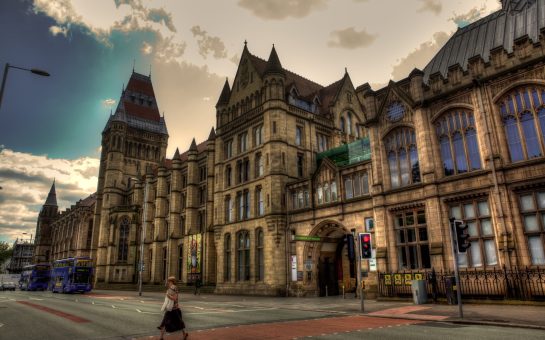The national health service volunteers illustrated the ‘best of the NHS’ while assisting in West Africa during the Ebola epidemic, says a leading humanitarian and health expert from Manchester.
Professor Mukesh Kapila CBE claims that the nation should be ‘very proud’ of the humanitarian nature of the NHS staff that assisted in West Africa after almost a year since the epidemic.
The World Health Organisation (WHO) had reported the largest Ebola outbreak ever documented and the first recorded in the region.
As a consequence, the WHO declared the epidemic to be an international public health emergency – urging the world to offer aid to the affected regions.
More than 800 NHS staff responded to the call and joined the battle against Ebola since September last year.
Professor Kapila believes that the values and ethos that the NHS brought separated their level of healthcare from other professionals.
He told MM: “You really have to appreciate our NHS here by going out there and seeing how doctors and nurses behave in their environment. The ethos of the NHS as you know is universal coverage and helping everyone.
“What it does it creates the right attitude – they’re there to help, and to help in the best way you can with what you have and you do it in a way that is paramount.
“We are working and the willingness to do with what we have and do the best, and put the patient in the centre of what we are doing, are the virtues that I think we should be very proud of.
“The UK effort has been brilliant – I was really impressed in particular by the volunteer doctors, nurses and lab scientists from all over the country. I’m sure several from Manchester who went there, who are there, and I was impressed by the way they are working – it was really the best of the NHS.”
According to the latest figures, 23,253 suspected cases and 9,380 deaths have been reported.
However, the WHO believe these numbers may be underestimated.
Professor Kapila added that the NHS staff’s humanity distinguished themselves beyond the ‘narrowly clinical’ and privatised healthcare professionals.
“Above all else what impressed me was their humanity,” he said. “These were doctors and nurses that were humanitarian workers above all else. Compassionate, kind, and sometimes in our very technical and expert world we forget that.
“Imagine what an Ebola setting is like – where you as a care worker are caught up in a space suit and it’s very alienating for a sick dying patients. Imagine a dying baby and all you can do is hold the dying baby while you’re wearing a space suit. Imagine the impact on this baby.
“These are highly stressful situations and the psychological trauma has a bigger and wider impact than the direct effect of the virus itself. But because our doctors and nurses are used to caring in a holistic way, maybe they are able to find creative and do a bit of work beyond the narrowly clinical.
“I think those who come from more individualised institutions where they are more in private medicine type approaches, they perhaps have different expectations.”
Image courtesy of Crown Copyright and Cpl Jamie Peters RLC, with thanks.



